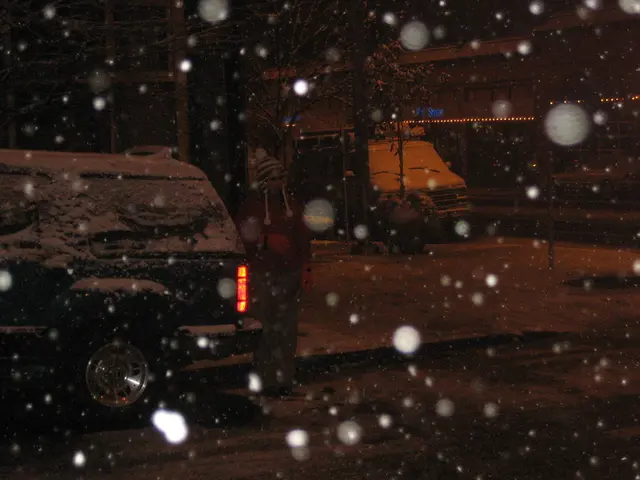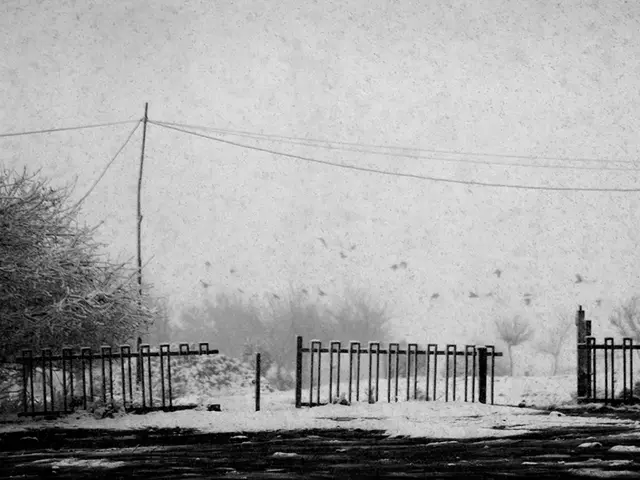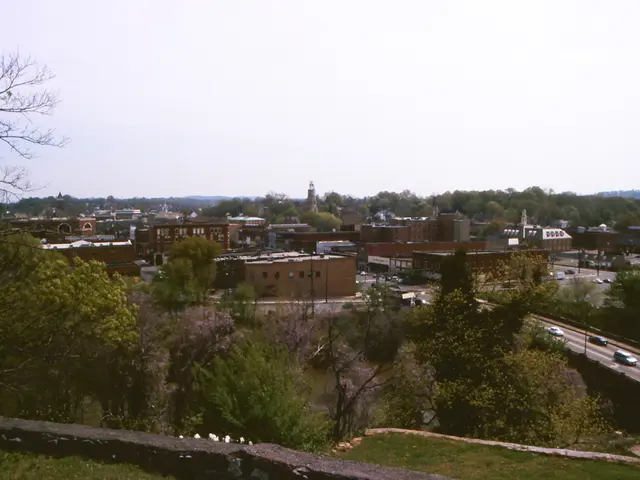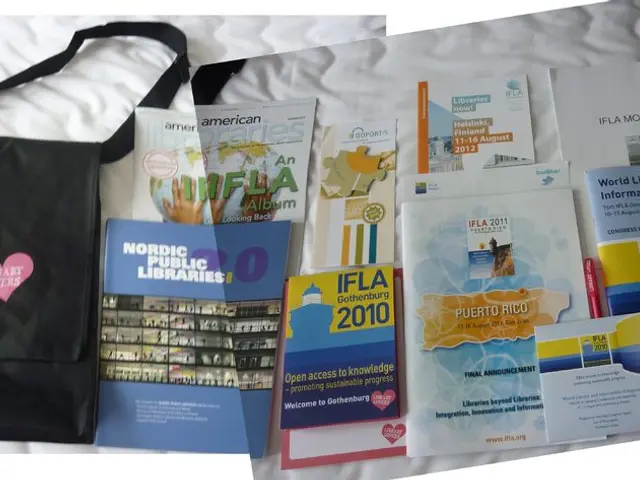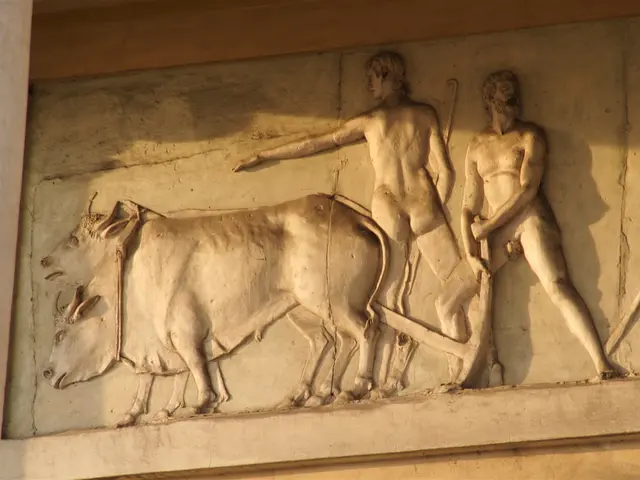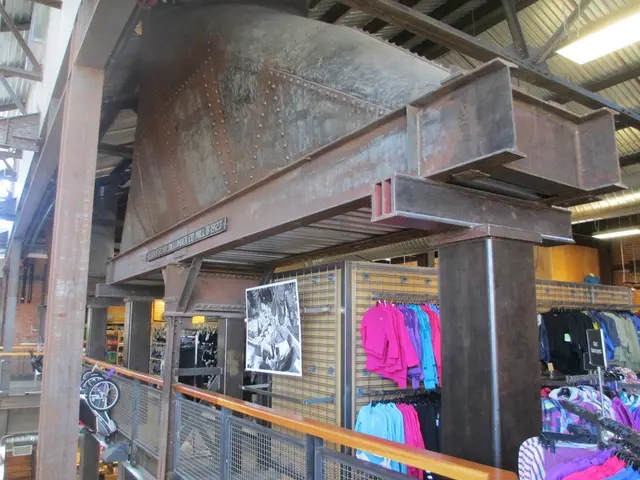Two Shakes of a Latin Sheep's Tail: A Speedy Guide to Papal Election Jargon
Papal Election in Brief Latin Form
Get ready to don your toga and slip on your sandals, folks! Here's the lowdown on Latin terms you'll want to know during the upcoming papal election. The Vatican's still a fan of the classics, ya know.
In today's fast-paced world, knowing Latin might not seem all that essential. But fret not! When the powwow to elect the next pope rolls around, a smattering of Latin words and phrases could prove pretty darn useful. After all, the Vatican's official language remains the ancient tongue of the Romans. And let's not forget that the word "conclave" itself is derived from Latin. So, "cum clave" essentially means "with the key," a reference to the cardinals being metaphorically locked inside the Sistine Chapel.
Election Day arrives, and after a series of votes, the curtains at St. Peter's Basilica open wide. A high-ranking cardinal booms, "Habemus Papam" (We have a pope), and out steps the new Pontiff. Here's a quick rundown of some terms and phrases that'll make sense of the proceedings:
- "Pro eligendo Romano Pontifice": This title means "for the purpose of electing the Roman Pontiff" and signifies the final Mass that all cardinals attend in St. Peter's Basilica before retiring to the Sistine Chapel.
- "Extra omnes": Once the voting begins, the master of ceremonies enjoins everyone to scram with this phrase: "Everybody out." Translation: "It's time for the cardinals to do their thing in private."
- Oath of Secrecy: Before entering the conclave, the cardinals must promise to keep all discussions confidential. The leader of the conclave reads a pretty lengthy oath, which goes something like this: "I promise, pledge, and swear it, so help me God and these holy Gospels that I touch with my hand."
- "Eligo in Summum Pontificem": This phrase is printed on each ballot and means "I elect as Supreme Pontiff."
- "Testor Christum Dominum": Each cardinal says this phrase as he casts his ballot, meaning "I call upon Christ the Lord, who will judge me, as my witness that I give my vote to the one whom, according to God's will, I believe should be elected."
- Canonical Election: If a cardinal secures a two-thirds majority, the Dean asks him, "Do you accept the canonical election made on you as Supreme Pontiff?" If the Dean himself is elected, his deputy asks the question.
- "Quo nomine vis vocari?": This question, meaning "By what name do you wish to be called?," is posed to the newly elected pope.
- "I announce to you a great joy: We have a Pope!": Once the election is complete, the Dean of the College of Cardinals, a title that sounds ripe for a period drama, gathers on the balcony of St. Peter's Basilica and joyfully announces, "I announce to you a great joy: We have a Pope!"
- "His Eminence, the Most Reverend Lord (First Name), Cardinal of the Holy Roman Church (Last Name), who has taken for himself the name (Pope's Name)": The new pope is then presented to the world with this formal introduction.
Don't forget to brush up on your Latin, folks! You never know when it might come in handy. To learn more about the election and potential candidates, be sure to follow the latest news and analyses from reliable sources. Viva Papa!
- In addition to understanding the basics of the papal election process, it's equally important to familiarize oneself with relevant community and employment policies for cardinals within the Vatican, ensuring a smooth and efficient selection of the new pope.
- As the global community anticipates the upcoming papal election, it would be advantageous to delve into certain policy-and-legislation and politics matters, understanding their influence on the selection process and the potential impact on general news.
- During the papal election, apart from Latin terms, key phrases in various languages, such as "papam" (pope) in Latin, might serve as a helpful orientation for non-Catholic observers, contributing to a more comprehensive understanding of the proceedings.
- Amid the flurry of ceremonies and events throughout the papal election, understanding the fundamental aspects of employment policy within the Vatican, particularly the roles and responsibilities of cardinals, could provide valuable insights into the nature and dynamics of the conclave.

